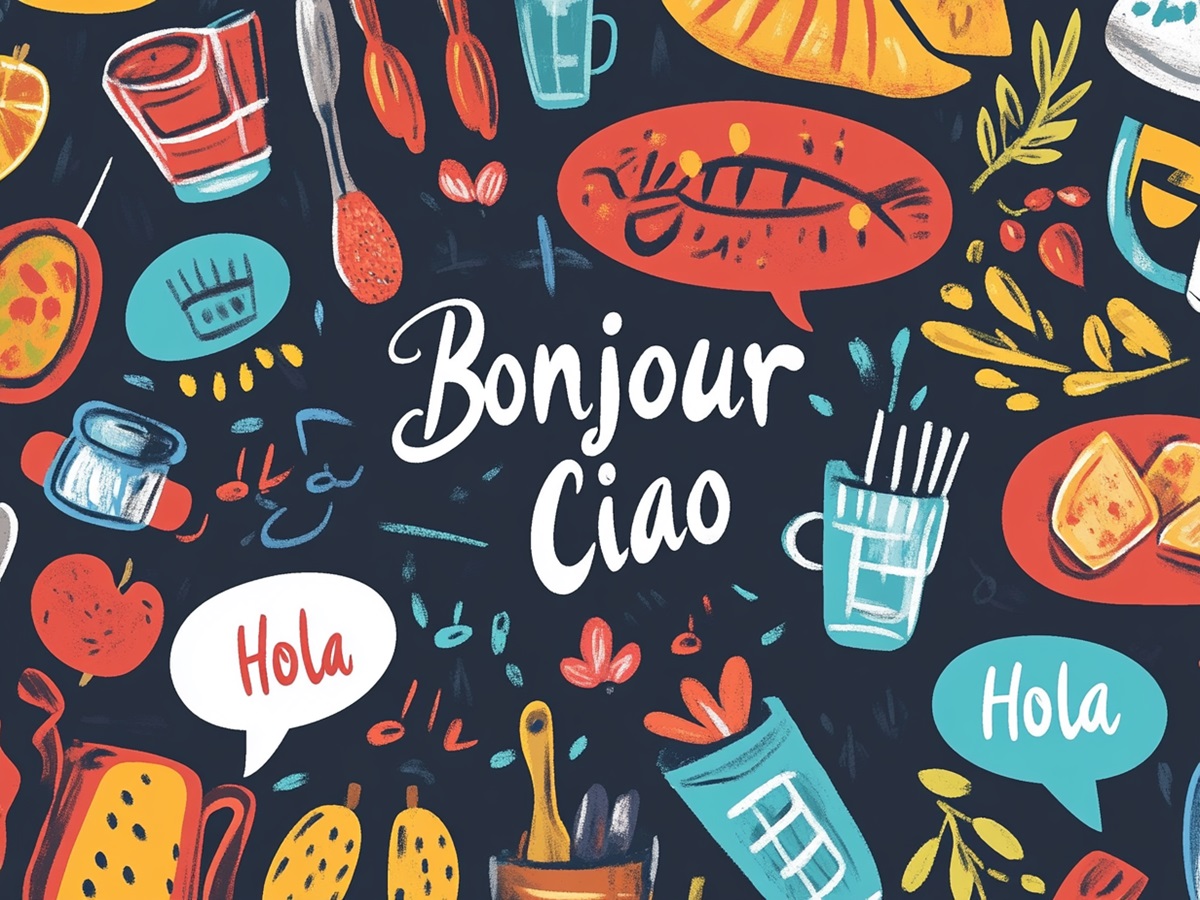
The European Day of Languages (EDL), celebrated annually on September 26th, serves as a vibrant reminder of the rich linguistic and cultural diversity that marks Europe. Whether you’re a polyglot, a language learner, or simply someone fascinated by exploring other cultures, this day presents a chance to embrace the power of language in bringing people closer. As we inch closer to EDL 2025, let’s explore some interesting facts related to this special day, and discover creative ways to celebrate it.
Interesting Facts About the European Day of Languages
Celebration of Multilingualism
The European Day of Languages was initiated in 2001 by the Council of Europe as part of the European Year of Languages. The day is meant to raise awareness about multilingualism and encourage people of all ages to continue learning languages throughout their lives.
Europe’s Linguistic Treasure
Europe is home to more than 200 languages, ranging from official state languages to regional dialects. This linguistic richness makes Europe a haven for linguists and cultural researchers.
Beyond European Borders
Although the EDL focuses primarily on European languages, it also highlights non-European languages such as Chinese, Arabic, and Swahili, acknowledging that cultural exchange benefits everyone around the globe.
A Lifelong Pursuit
Research has shown that learning new languages improves memory, enhances problem-solving skills, and even delays the onset of age-related cognitive decline—no matter your age. It’s never too late to start!
How to Celebrate the European Day of Languages 2025
Here are some exciting ways to make the most of this year’s celebrations:
-
Learn a Phrase in a New Language
Challenge yourself to learn how to say “Hello,” “Thank you,” and “I love languages” in a language you’ve never spoken before. Impress your friends with your newfound multilingual flair!
-
Host a Language Exchange Event
Gather friends, family, or colleagues for a fun language exchange. Participants can teach and learn words and phrases from one another’s native languages, offering everyone the opportunity to broaden their linguistic horizons.
-
Explore Linguistic Trivia
Host a trivia night dedicated to facts about languages, for example:
- What’s the longest word in German?
- How many people speak Basque today?
- Which European language has the most native speakers?
-
Cook International Recipes
Languages and food often go hand in hand. Celebrate by cooking recipes from countries with lesser-known languages, such as Finnish salmon soup or Maltese pastizzi, and learn a few food-related words along the way!
-
Attend Local Events
Many cities in Europe organize EDL language workshops, cultural performances, and storytelling sessions. For events in your neighborhood, check your local cultural center or schools.
-
Share on Social Media
Use the hashtag #EuropeanDayofLanguages to share your love of languages. Record a video greeting in several languages, or post an interesting fact about your favorite language.
Why Celebrate Languages?
Languages are much more than communication tools—they are carriers of culture and history. By learning and celebrating languages, we foster:
- Cultural Understanding: Breaking down walls and building bridges between different cultures.
- Personal Growth: Expanding our horizons and boosting cognitive abilities.
- Economic Opportunities: Multilingualism can open doors to international careers.
Looking Ahead to EDL 2025
As we head towards the European Day of Languages 2025, remember that every language opens a unique window onto a different way of seeing the world. Whether it’s your first foreign language or one more to add to your repertoire, take this day to celebrate your progress and curiosity.
Mark your calendars for September 26th, and let’s make EDL 2025 a day to remember!



